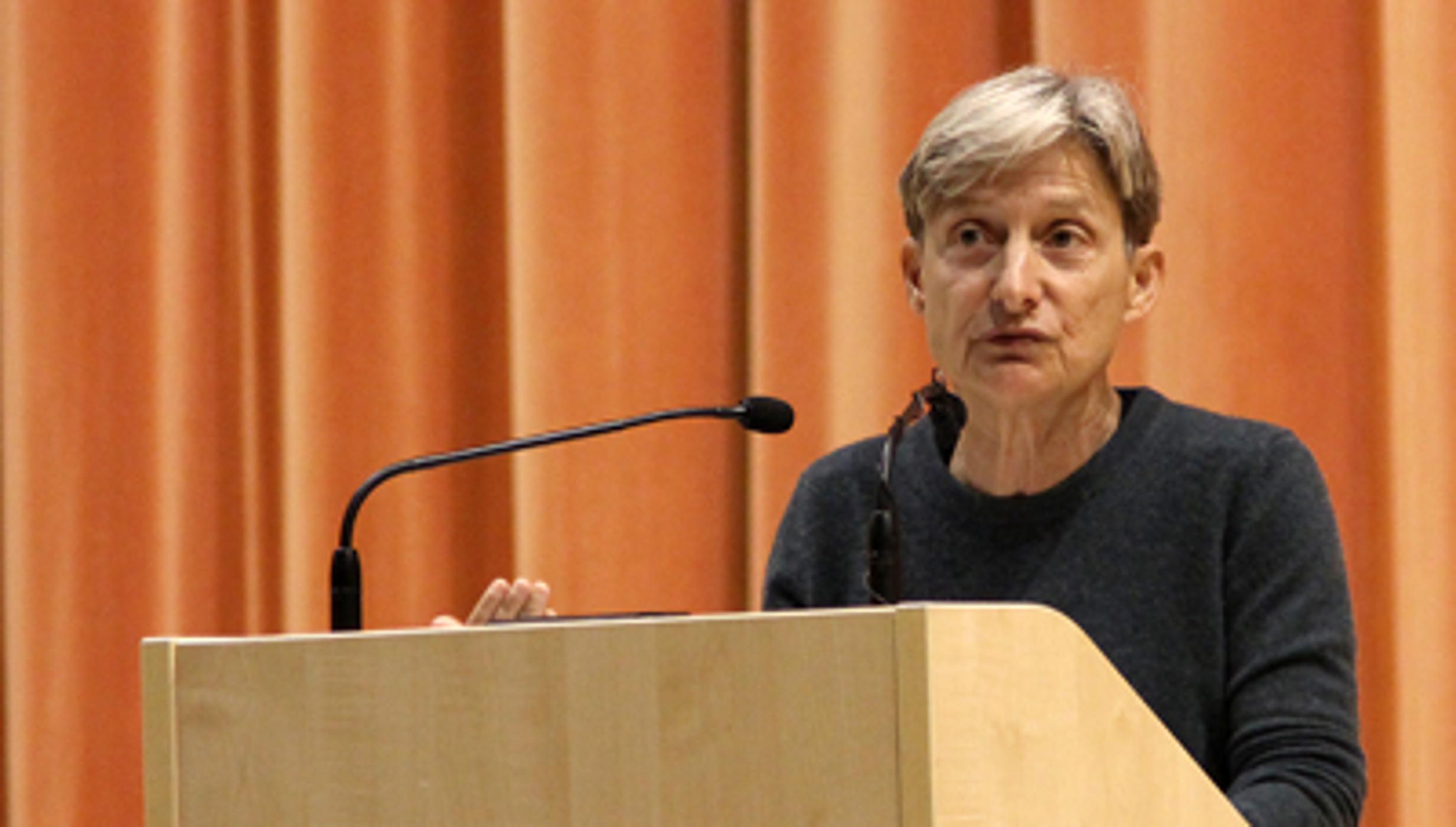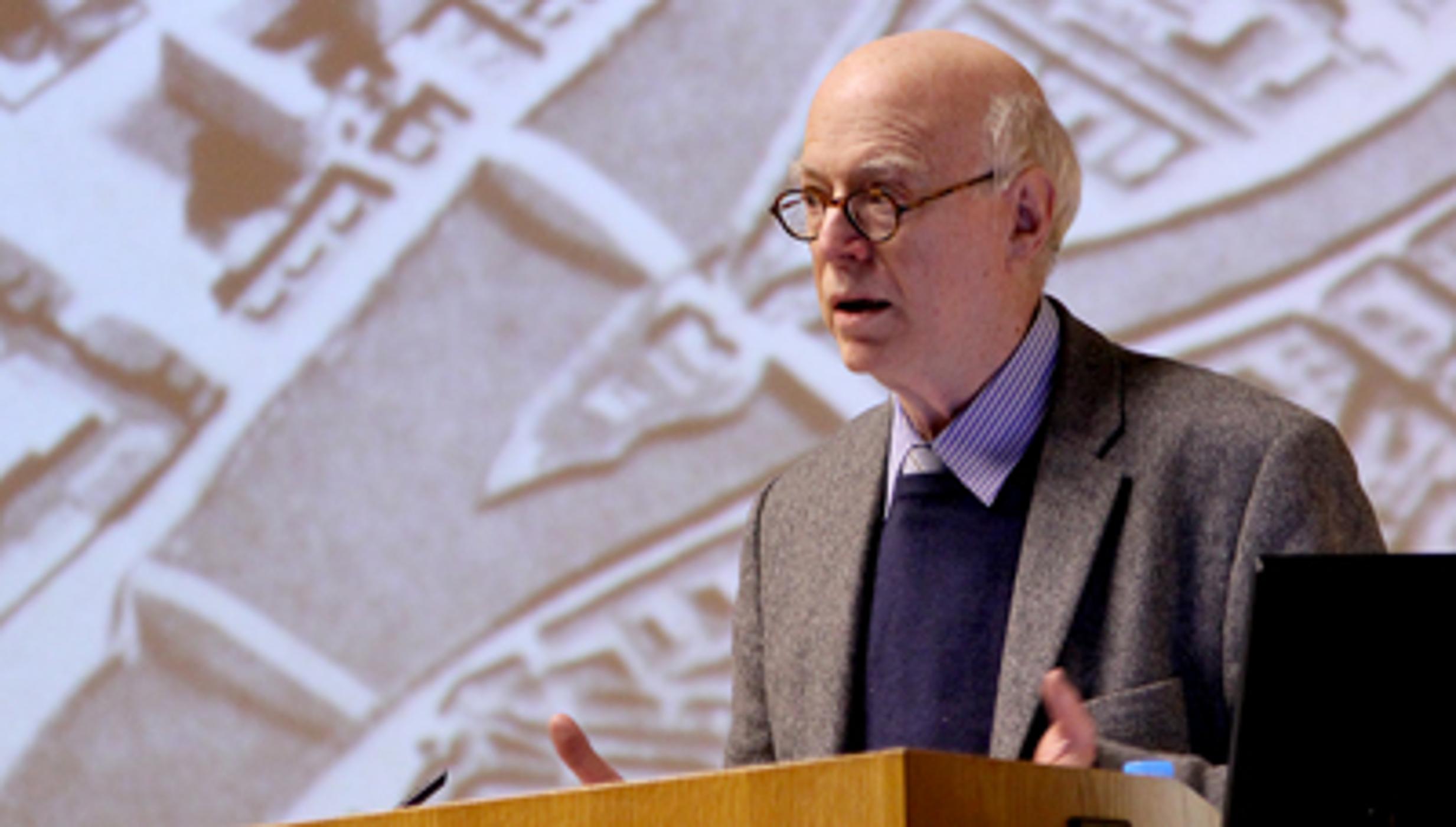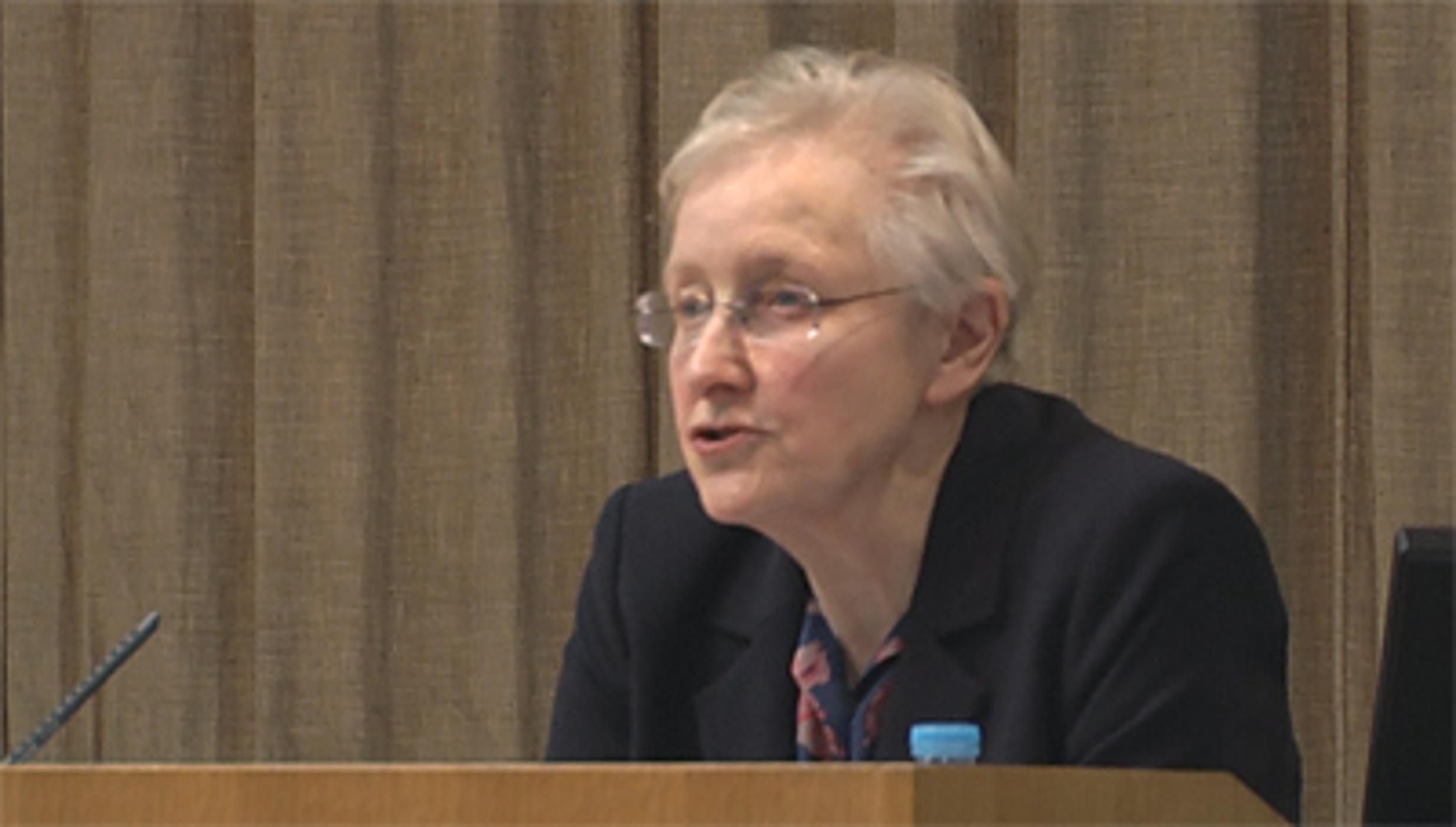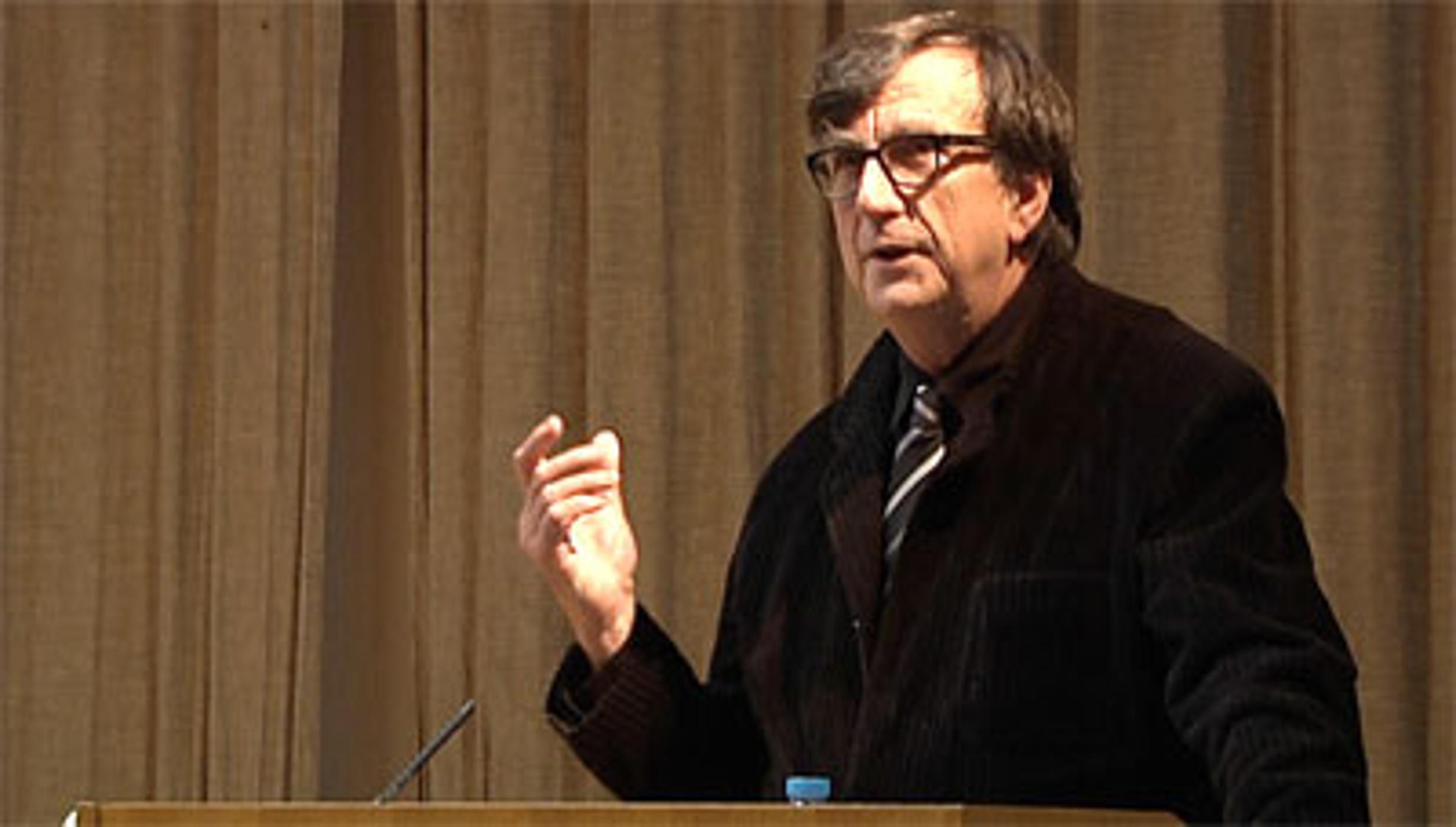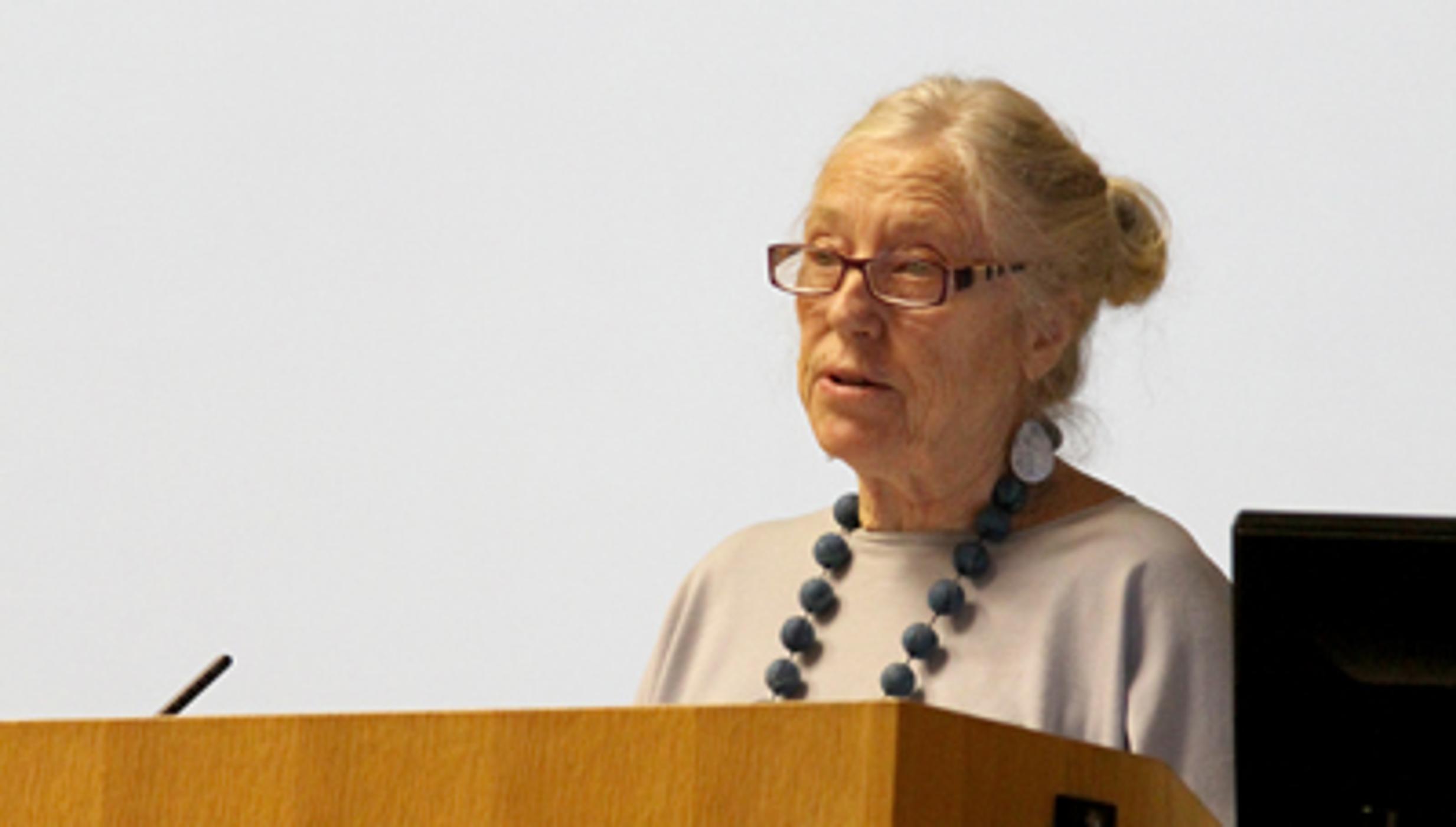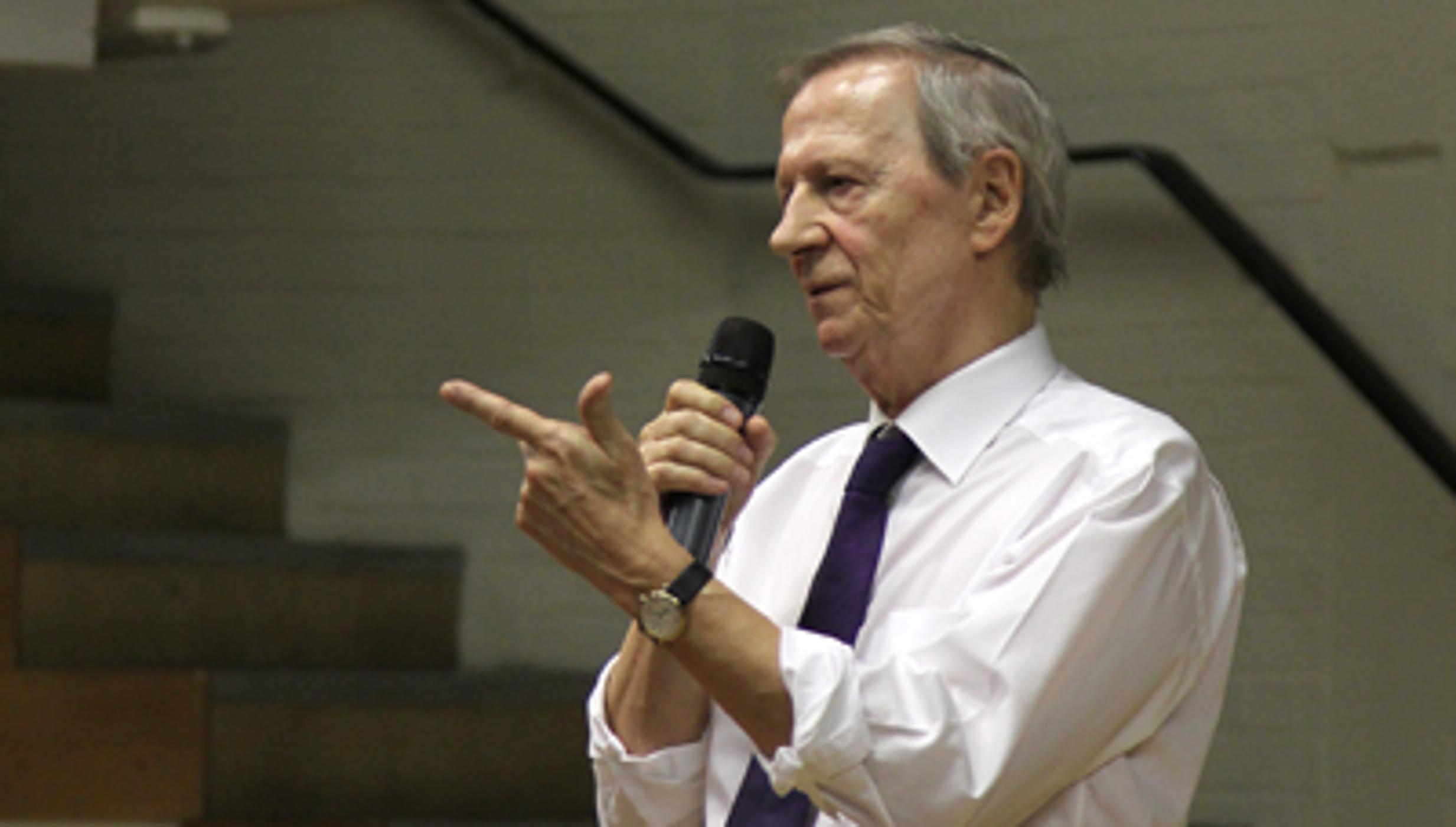Understanding Society
Subscribed: 136Played: 737
Subscribe
© 2013
Description
Margaret Thatcher famously declared that there is no such thing as society. Her successor David Cameron has asserted that the concept of ‘The Big Society’ is a central plank of his administration’s agenda.
Universities have found it easy to take a distanced view of the rhetoric of government, but the current Conservative government has also insisted that this concept of ‘The Big Society’ must determine a significant proportion of research funding. ‘Society’ is one of the most contested terms in modern thinking – though completely undefined in government policy! What then should we make of the command to think of ‘The Big Society’?
Society can mean the widest delineaments of public community life or it can imply the most delimited arena of upper-class posing. Can we talk of society without talking of culture? Religion? Gender? Power? Class? Nationhood? Is society only a term of modern thinking? To answer these interrelated and vexing questions, we have invited a leading group of anthropologists, cultural historians, social scientists and philosophers to explore ‘understanding society’.
The second series of CRASSH lectures is led by Lord Giddens, not only one of the world’s most distinguished sociologists but also a key intellectual figure in the development of the Labour government’s social policy the ‘Third Way’. Our second speaker is Juliet Mitchell whose work on psychoanalysis and feminism defines the field. If the personal is political, what place is there for social psychology in understanding society? Richard Sennett – recently described as the sage of the tempers of our times – is our third speaker. His combination of broad political and social insight is crucial for a question as general as understanding society. Bruno Latour – world famous contributor to network theory – has provided one of the most polemical voices in the challenge to those who wish to see society or its institutions as natural or inevitable in form. Marilyn Strathern, one of the most celebrated anthropological thinkers of her generation may agree with Margaret Thatcher that there is no such thing as society – but not for the same reasons. How can society be understood without the insights of anthropology?
The lecture series will be followed by two further events: first, at Kings Place in London, Lord Giddens, Juliet Mitchell and Richard Sennett will take part in a further panel discussion chaired by Simon Franklin looking back at the series and drawing together some conclusions. Finally, in Lent 2013 Judith Butler will give a final lecture in Cambridge on the theme from her unique perspective of feminism, philosophy and language.
Universities have found it easy to take a distanced view of the rhetoric of government, but the current Conservative government has also insisted that this concept of ‘The Big Society’ must determine a significant proportion of research funding. ‘Society’ is one of the most contested terms in modern thinking – though completely undefined in government policy! What then should we make of the command to think of ‘The Big Society’?
Society can mean the widest delineaments of public community life or it can imply the most delimited arena of upper-class posing. Can we talk of society without talking of culture? Religion? Gender? Power? Class? Nationhood? Is society only a term of modern thinking? To answer these interrelated and vexing questions, we have invited a leading group of anthropologists, cultural historians, social scientists and philosophers to explore ‘understanding society’.
The second series of CRASSH lectures is led by Lord Giddens, not only one of the world’s most distinguished sociologists but also a key intellectual figure in the development of the Labour government’s social policy the ‘Third Way’. Our second speaker is Juliet Mitchell whose work on psychoanalysis and feminism defines the field. If the personal is political, what place is there for social psychology in understanding society? Richard Sennett – recently described as the sage of the tempers of our times – is our third speaker. His combination of broad political and social insight is crucial for a question as general as understanding society. Bruno Latour – world famous contributor to network theory – has provided one of the most polemical voices in the challenge to those who wish to see society or its institutions as natural or inevitable in form. Marilyn Strathern, one of the most celebrated anthropological thinkers of her generation may agree with Margaret Thatcher that there is no such thing as society – but not for the same reasons. How can society be understood without the insights of anthropology?
The lecture series will be followed by two further events: first, at Kings Place in London, Lord Giddens, Juliet Mitchell and Richard Sennett will take part in a further panel discussion chaired by Simon Franklin looking back at the series and drawing together some conclusions. Finally, in Lent 2013 Judith Butler will give a final lecture in Cambridge on the theme from her unique perspective of feminism, philosophy and language.
6 Episodes
Reverse
Comments
Top Podcasts
The Best New Comedy Podcast Right Now – June 2024The Best News Podcast Right Now – June 2024The Best New Business Podcast Right Now – June 2024The Best New Sports Podcast Right Now – June 2024The Best New True Crime Podcast Right Now – June 2024The Best New Joe Rogan Experience Podcast Right Now – June 20The Best New Dan Bongino Show Podcast Right Now – June 20The Best New Mark Levin Podcast – June 2024



